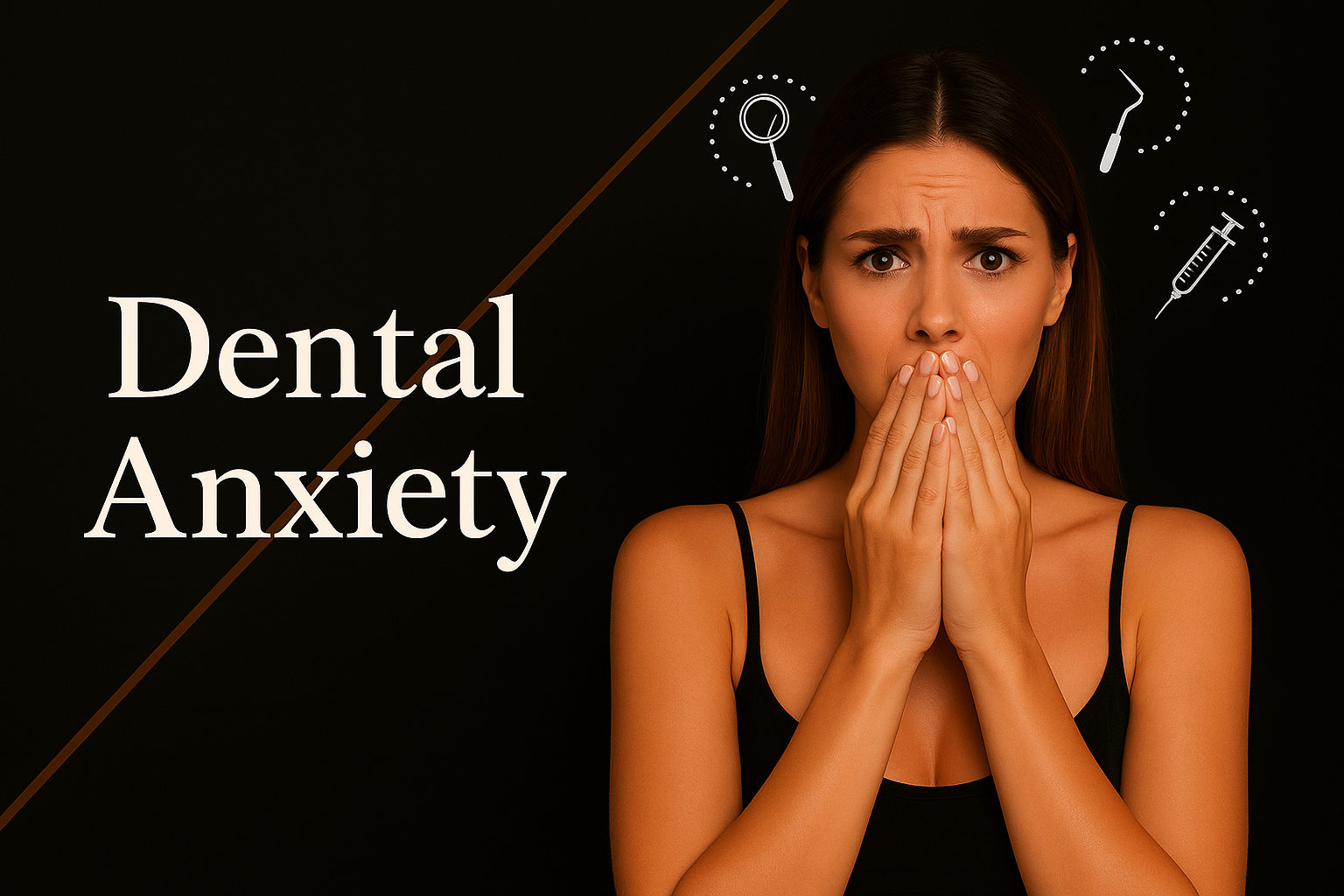The Ultimate Solution for Dental Anxiety
There is a unique feeling that arises when attending a dentist appointment, and in fact, research suggests that an alarming 5-8% of adults do not go to the dentist at all due to fear.
Individuals react to phobias in different ways, and in mild cases, someone could simply feel uncomfortable versus in severe cases someone could feel a feeling of pending doom at the idea of a dentist appointment.
However, the consequences of avoiding the dentist are not good, and patients are at risk of developing much worse conditions such as gum disease, cavities, and a myriad of other health consequences due to not attending routine check-ups. The positive news is that fear can be confronted.
Recognize the Exactly What You Are Afraid of
The first step in overcoming an obstacle is by admitting that it exist, and for such a concern, fear of the dentist is the phantom obstacle to the true concern when someone is in denial.
- Your fear may stem from
- Recall an unpleasant trip to the dentist.
- The feeling of having no power.
The unshakable need for a dentist and the feeling of anxiety, the case one starts to worry about dental health.
The concepts of fears and anxieties signal breakdown in rigid systems that are fundamentally needed.
Communicate the emotional burden you carry.
Speaking about the problems you have does help. Tell your issue to the members of the family, the friends, or even work collagues. You might be taken aback to discover that they feel exactly the same.
Talk Honestly With Your Dentist
Your dentist is there to help, not to judge you. Many try to attend to patients with dental anxiety and aim to assist you in alleviating this as much as possible.
If you explain your worries, here’s how they can assist.
Someone who’s doing your teeth should not hear, “I’m sorry,” in case they mess up and cake you with teeth glue. They should also not encounter terror-stricken patients on the verge of screaming.
They should be able to assure you that spinning in the dentist chair, even for lengthy conversations, is not an endurance or torture test.
They should also say, “This seems overwhelming. Let’s take a five-minute break.”
They should also be able to have pleasant and inviting conversations, not dreaded lectures.
Also extremely shy is not the same as never saying anything, assuming anything is better – is the better option. You should include that you have anxiety too when making your appointment.
